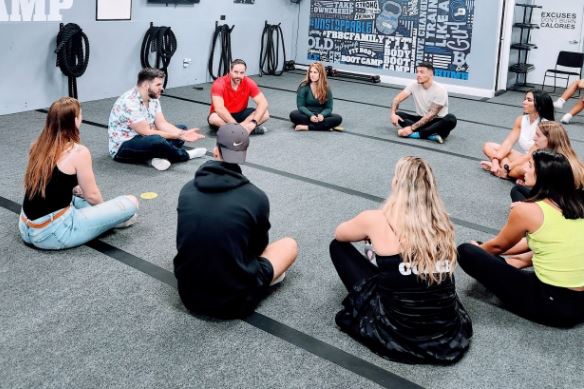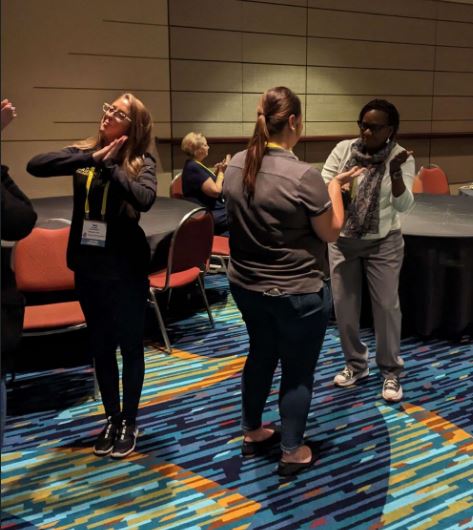…Building Trust
A professional development series
Active listening is a fundamental component of effective communication, enabling us to provide our full attention, validate the thoughts and feelings of others, and establish an atmosphere of respect and trust. Here are some practical steps you can take to become a more active listener:
Provide your undivided attention: When engaging in a conversation, ensure that you are fully present and focused on the speaker. Minimize distractions, such as turning off or silencing your phone, closing unnecessary tabs, and creating a conducive environment for meaningful dialogue.
Maintain eye contact: Eye contact is a powerful non-verbal cue that signals your attentiveness and interest in the conversation. By maintaining eye contact, you convey respect and show the speaker that you are actively engaged in what they are saying.
Avoid interrupting: Interrupting can disrupt the flow of conversation and make the speaker feel unheard or undervalued. Practice patience and allow the speaker to express their thoughts and ideas fully before responding. Remember that the conversation is a two-way process, and everyone deserves a chance to be heard.
Reflect and paraphrase: Show your understanding and empathy by reflecting and paraphrasing the speaker’s thoughts and feelings. Summarize what they have said in your own words to ensure you have grasped their message accurately. This not only helps you clarify your understanding but also demonstrates your genuine interest in their perspective.
Ask open-ended questions: Open-ended questions encourage the speaker to elaborate and provide more detailed information. They show that you are actively seeking to understand their viewpoint and deepen the conversation. Avoid questions that can be answered with a simple “yes” or “no,” as they tend to limit the scope of discussion.
Practice empathy: Put yourself in the speaker’s shoes and strive to understand their emotions, concerns, and needs. Empathy allows you to respond in a supportive and understanding manner, fostering a sense of trust and building stronger connections with others.
By incorporating these steps into your daily interactions, you can cultivate a culture of active listening that positively impacts your professional relationships. Effective communication and the ability to truly listen are vital skills that can lead to enhanced collaboration, increased productivity, and ultimately, greater success.
I encourage you to start implementing these strategies and observe the positive changes they can bring to your professional interactions. As we prioritize active listening, we create an environment where individuals feel valued, understood, and motivated to share their thoughts and ideas openly.
If you’re interested in learning more about how our team building services can benefit your team or organization, please let us know and we can set up an appointment time that works for you.









